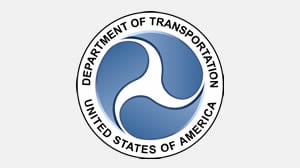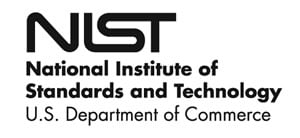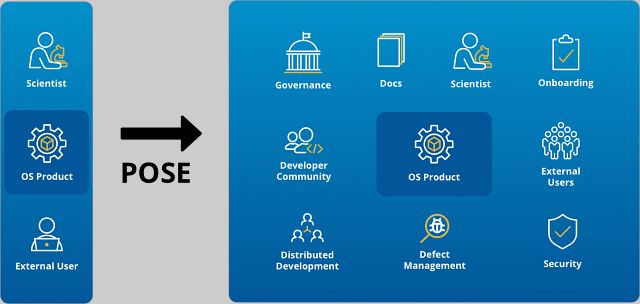U.S. National Science Foundation
Directorate for Biological Sciences
Directorate for Computer and Information Science and Engineering
Directorate for STEM Education
Directorate for Engineering
Directorate for Geosciences
Directorate for Mathematical and Physical Sciences
Directorate for Social, Behavioral and Economic Sciences
Directorate for Technology, Innovation and Partnerships
Full Proposal Deadline(s) (due by 5 p.m. submitting organization’s local time):
January 14, 2025
Second Tuesday in January, Annually Thereafter
Phase I Proposals
September 02, 2025
First Tuesday in September, Annually Thereafter
Phase I and Phase II Proposals
Important Information And Revision Notes
Any proposal submitted in response to this solicitation should be submitted in accordance with the NSF Proposal & Award Policies & Procedures Guide (PAPPG) that is in effect for the relevant due date to which the proposal is being submitted. The NSF PAPPG is regularly revised and it is the responsibility of the proposer to ensure
Click this link to continue reading the article on the source website.



